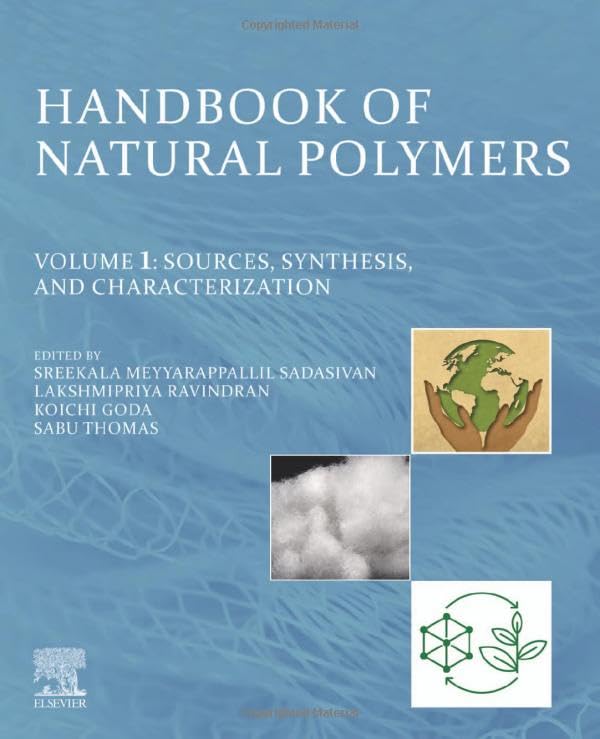

Most ebook files are in PDF format, so you can easily read them using various software such as Foxit Reader or directly on the Google Chrome browser.
Some ebook files are released by publishers in other formats such as .awz, .mobi, .epub, .fb2, etc. You may need to install specific software to read these formats on mobile/PC, such as Calibre.
Please read the tutorial at this link: https://ebookbell.com/faq
We offer FREE conversion to the popular formats you request; however, this may take some time. Therefore, right after payment, please email us, and we will try to provide the service as quickly as possible.
For some exceptional file formats or broken links (if any), please refrain from opening any disputes. Instead, email us first, and we will try to assist within a maximum of 6 hours.
EbookBell Team

4.1
40 reviewsThe Handbook of Natural Polymers: Sources, Synthesis, and Characterization is a comprehensive resource covering extraction and processing methods for polymers from natural sources, with an emphasis on the latest advances.
The book begins by introducing the current state-of-the-art, challenges, and opportunities in natural polymers. This is followed by detailed coverage of extraction, synthesis, and characterization methods, organized by polymer type. Along with broad chapters discussing approaches to polysaccharide-based polymers, dedicated chapters offer in-depth information on nanocellulose, chitin and chitosan, gluten, alginate, natural rubber, gelatin, pectin, lignin, keratin, gutta percha, shellac, silk, wood, casein, albumin, collagen, hemicellulose, polyhydroxyalkanoates, zein, soya protein, and gum. The final chapters explore other key themes, including filler interactions and properties in natural polymer-based composites, biocompatibility and cytotoxicity, biodegradability, life cycle, and recycling. Throughout the book, information is supported by data, and guidance is offered regarding potential scale-up and industry factors.
As part of a 3-volume handbook offering comprehensive coverage of natural polymers, this book will be of interest to all those looking to gain a broad knowledge of natural polymers, including academic researchers, scientists, advanced students, engineers, and R&D professionals from a range of disciplines and industries.